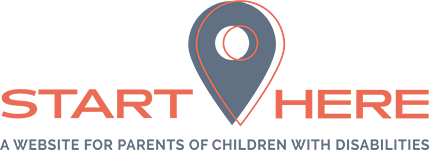When a baby struggles to roll over, or a toddler cannot climb in the playground or pedal a bike, it is usually because of difficulty in coordinating how they move their arms and legs and torso. If ‘gross motor’ is about big movements, fine motor skills refer to how we use smaller muscles in fingers, toes, tongue etc.

